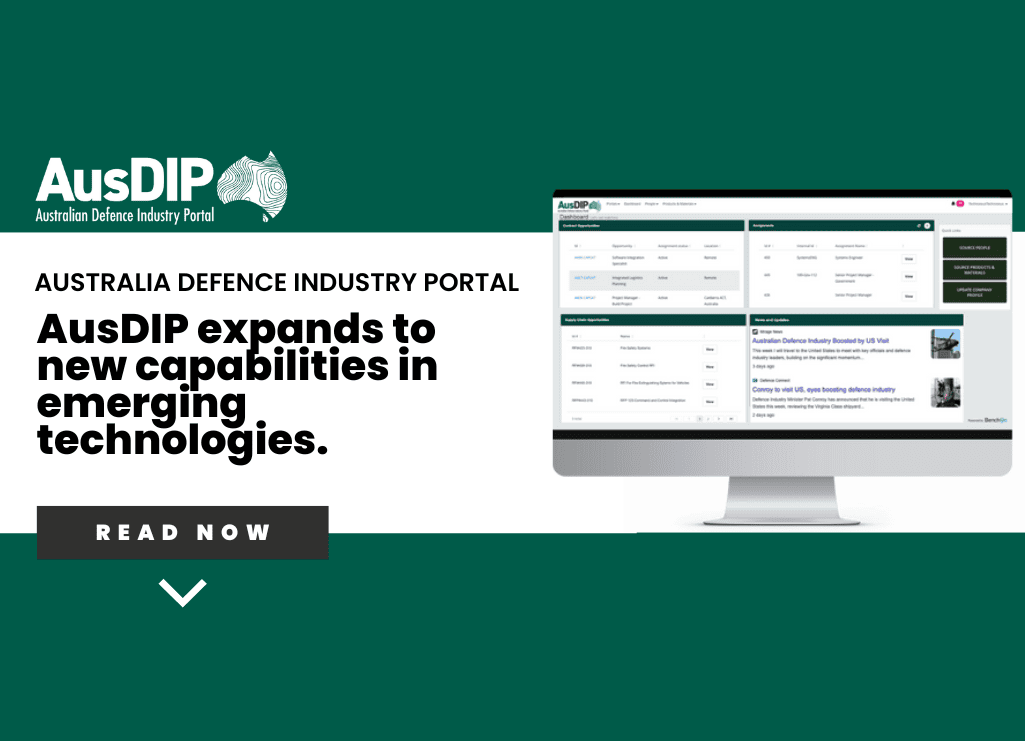Tips for Successfully Transitioning Careers
Change is hard and scary. That is why we as humans usually do everything in our power to avoid it. A perfect example of this are employees who stay in jobs that they dislike, simply because they are frightened of the alternative.
So how can people overcome that fear? What can the nurse do if she wants to become an engineer? Or the cook that wants to become a project manager? What options do they have?
There is a great deal of information available for those considering a career transition, but keep in mind that there is no cookie-cutter or one size fits all approach to transition – every person’s situation is different, and what worked for one person may not work for another.
Keeping that in mind, here are some things to consider when changing careers.
Research
Research, research and research some more. Research everything and anything related to your potential new career. Understand the qualifications required, the major players in the industry, and what the likely pay will be. Websites such as Payscale or the Hudson Salary guide can be helpful here, as can LinkedIn. Research everything, and then put it into practice. You would be surprised at the amount of people that transition into a new career and are shocked by the amount of hours they are expected to work, or by how low their new pay is. The time to learn that information (and decide if you are comfortable with it) is before you transition, not after.
Networking
This is one of the main ways in which to get your foot in the door of a new career. This includes attending relevant networking events, as well as using your existing network (such as that on LinkedIn) to make an introduction. You would be surprised how open someone is to meeting up for a coffee with a total stranger if they are going to be talking about themselves and what they do. Networking is probably the best way you can conduct research, and it allows you to learn far more about an industry than by staying at home and simply googling it. By expanding your network in this way, it also means that you may be exposed to opportunities in that field before they are even advertised – it is far cheaper for a company to find someone through a network (be that LinkedIn, a university Alumni program or from employees networks) than it is to pay for a recruiter or for advertising for a position.
Be prepared for a step sideways, and a step back…
It is likely that a person transitioning into a new career will need to take a step backward, at least in some area – whether that is pay, responsibility, number of subordinates, etc.
… but not too far back.
One of the prerequisites for conducting a career transition is that you have a career to transition from – where you have learnt skills and attributes that may help in your new career. You are not a fresh university graduate who may need to start at the bottom and work their way up – you have a lifetime of experience in which you can draw upon.
Take for example the chef who is keen on being a project manager. True, she may not have a great understanding of MS Project or the PMBOK, but in the kitchen she managed a small team every night under tight timeframes and high pressure. That type of experience is valuable to prospective employers when transitioning.
Be prepared for failure
Funnily enough, this doesn’t mean simply failure to gain a job in your new chosen career, or getting something that pays far less than you think you are worth – it also includes if you are successful in transitioning your career, and you discover that you hate it. Hate it even more than your old job. What is your backup plan then? Do you move back to your old career? Do you try and transition to another career? What is your plan B? What about your plan C? You may not need it, but then again, you just might.
So these are just a couple of the points to be considered when thinking about a transition, but there are definitely many more. What are they key points that helped with your career change, or if you are considering transitioning – what is holding you back?
Written by John Harris, BenchOn Client Relations Manager


